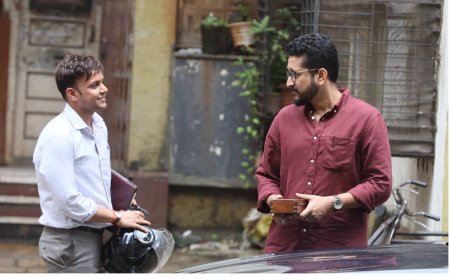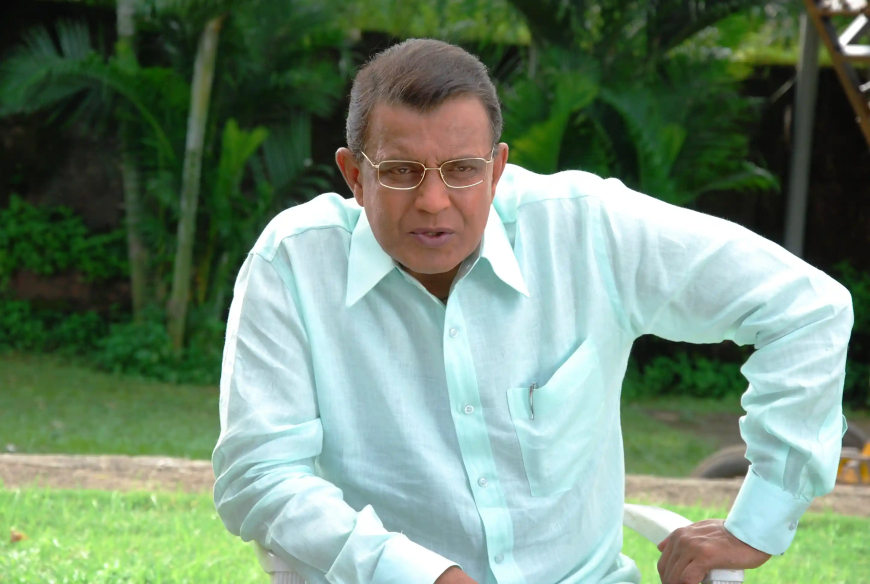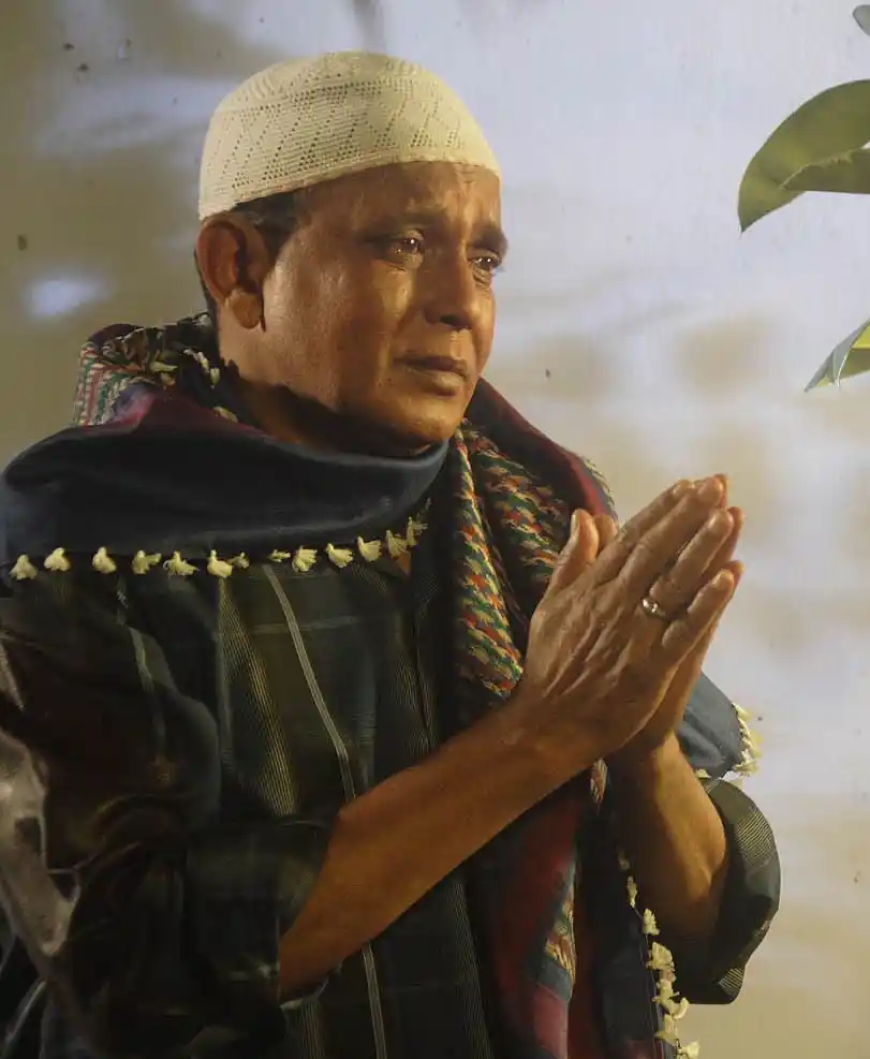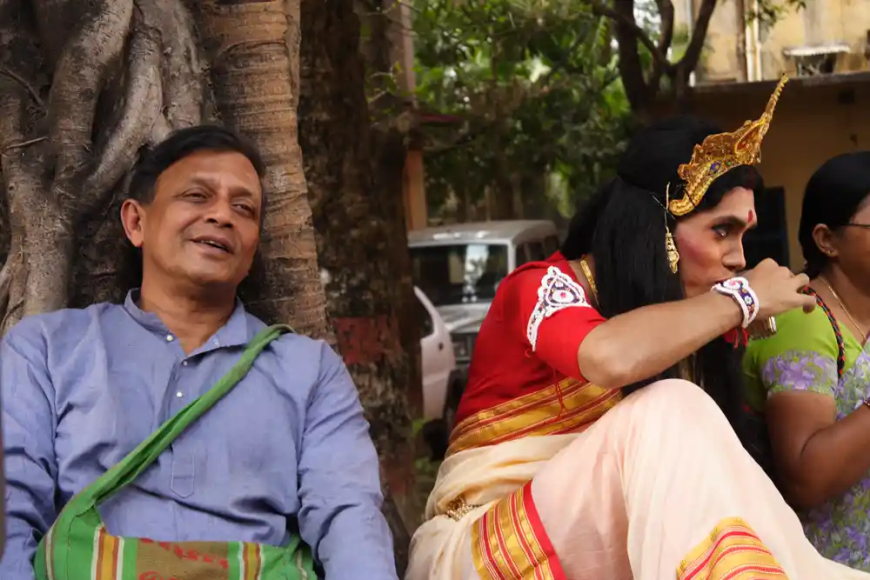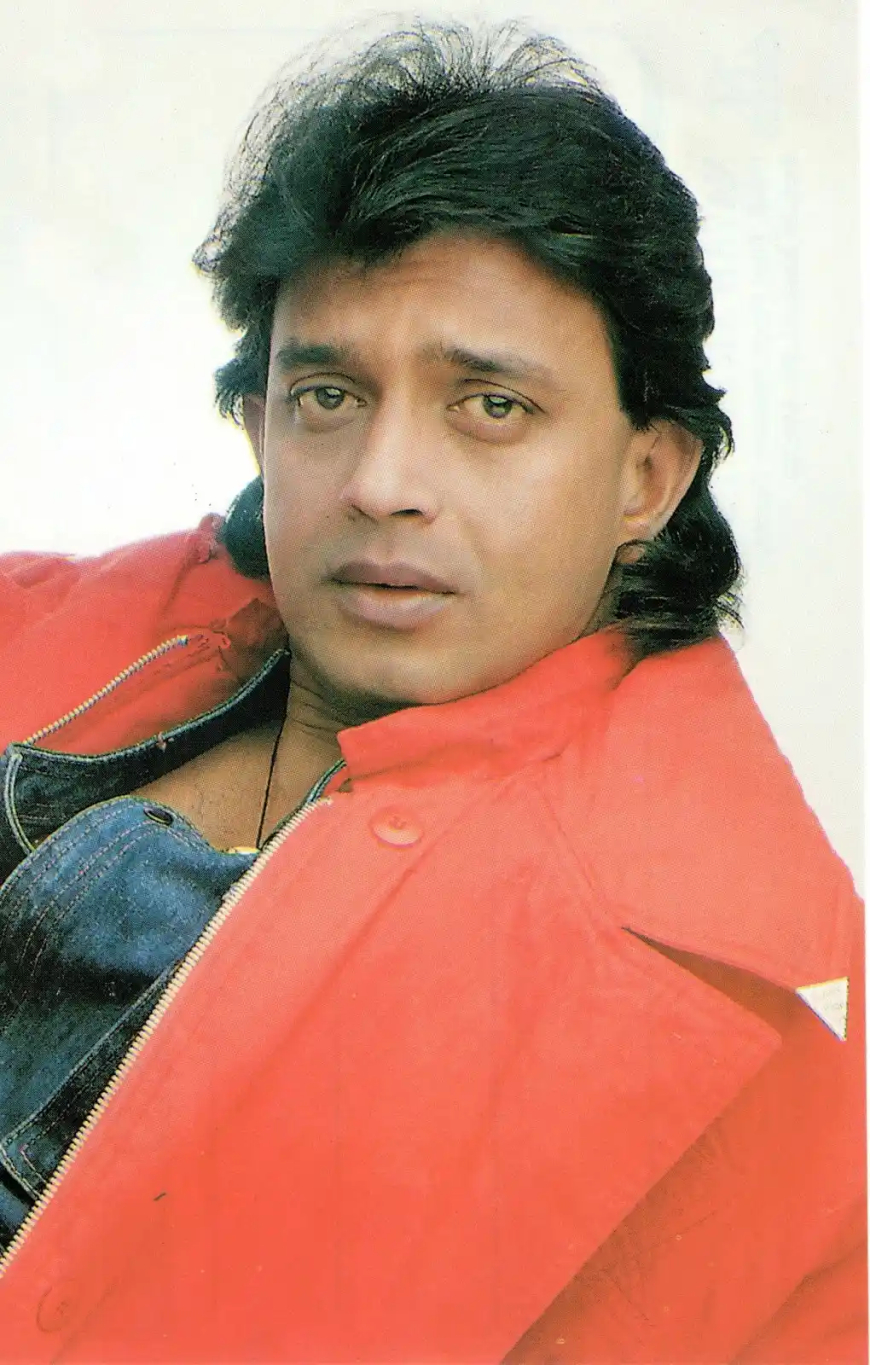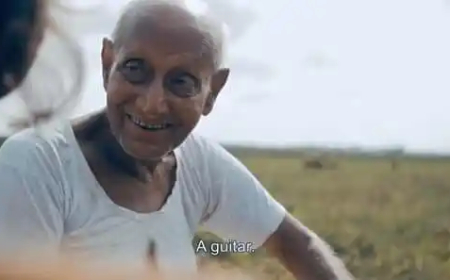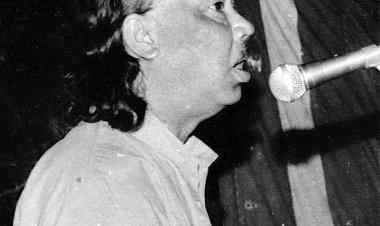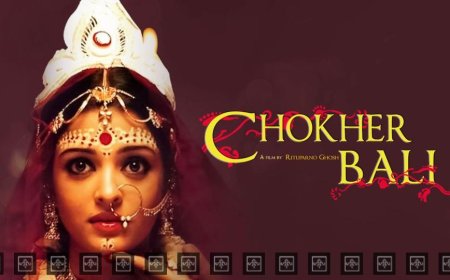Mithun Chakraborty bags Dadasaheb Phalke Award
Dr. Shoma A. Chatterji pays tribute to Mithun Chakraborty on winning the Dadasaheb Phalke Award for his rich and long-standing contribution to Indian cinema.
The minute the news of Mithun Chakraborty winning the Dadasaheb Phalke Award for 2023, the social media is rife with posts some of which are congratulating him on the award. But many of them are pointing fingers at the fact that he now is a very visible and expressive MP of the BJP which is understood to have a powerful influence on the National Awards. He was earlier this year, felicitated with the Padma Bhushan and that is also one reason that has raised the allegation. Many have also commented that the veteran Manipuri filmmaker Aribam Syam Sarma, nearly 100, rightly deserves the Dadasaheb Phalke Award, an argument one cannot debate at all.
Aribam Syam Sharma will always be regarded as one of the most influential filmmakers who not only shaped Manipuri cinema, giving it a unique identity, but also took it to international platforms, garnering worldwide acclaim. But as this has not happened till now, we may be allowed to comment on the current Dadasaheb Phalke Awardee that is Mithun Chakraborty.
Presented first in 1969, the award was introduced by the Government of India to commemorate Dadasaheb Phalke's contribution to Indian cinema. Mithun Chakraborty is in august company – Devika Rani, Prithvirah Kapoor, Raj Kapoor, Kanan Devi, Dilip Kumar, Ashok Kumar, Dev Anand, you name a senior actor and he/she has been a Dadasaheb Phalke winner. However, if one takes these awards in perspective, it is mostly bestowed on actors and not on filmmakers except rare exceptions like B.R. Chopra, Yash Chopra, Gulzar, Pradeep (lyricists), Naushad, Lata Mangeshkar and so on.
Of late however, it is being mainly bestowed on actors for their long-standing contribution to Indian Cinema rarely on technicians, producers, directors and music directors. And MIthun just happens to be the latest awardee. Keeping all controversies aside however, one must concede that as a multi-faceted actor and one with a durability rarely seen in the fickle world of Indian cinema, with 48 years of films behind him, with him and ahead of him, Mithun Chakraborty deserves the award.
He does not have any antecedents or predecessors in his family who were ever remotely close to films. He arrived from a middle-class, Bengali Brahmin family which lived in the marginal outskirts of Calcutta and was brought up like any Bengali boy. Then, one fine day, to his utmost surprise, he found himself playing the lead of a tribal boy oppressed by the then-British Establishment in Mrinal Sen’s Mrigaya (1976). The work in this debut film brought him his first National Award alongwith another award for his leading lady Mamata Shankar in the same film and also the cinematographer K.K. Mahajan of the FTII who became a ‘regular’ for Mrinal Sen’s films.
He never received any professional training as an actor. Was quite dark-complexioned, and not at all ‘handsome’ the way we understand the term linked to India cinema. His voice too, had a grating edge to it and his Hindi needed polishing. He never learnt to dance and yet, turned out to become one of the most outstanding pioneer male dancers in Hindi cinema. His dance in films enhanced his identity as a versatile actor who struggled every step of the way to reach the top. We hear that his films like Disco Dancer, specially the song-dance numbers were such thumping hits that it shot up his fan population in Russia and the US and most young fans knew the lines of his hit songs by heart. His fame across Russia followed the fame of Raj Kapoor and Amitabh Bachchan but it belongs to the same line of popularity.
When one looks back on his career of 47 long years across Hindi and Bengali cinema, one is astounded by his versatility as an actor who can slip under the skin of Thakur Ramkrishna Paramhamsa, a role that fetched him another National Award as smoothly and easily as he could do the role of a failed boxer who becomes an alcoholic to be reformed by his grown son in the film Boxer. Sheesha (1986) was a very out-of-the-box film by Basu Chatterjee in which Mithun portrays a top officer accused of having sexually manipulated a young woman (Mallika Sarabhai) inspite of being a married man. Moon Moon Sen played his wife but the other woman never gets justice because the law and the judiciary are more powerful than she is. It made a very powerful statement about power but the film flopped miserably.
Mithun Chakraborty is the only star-actor in Indian cinema who triumphantly walks the tightrope of mainstream and off-mainstream cinema with three national awards. Over his nearly four-decade long career, Mithun has broken every rule in the Bollywood book. When he came to Mumbai in a third-class sleeper in a Howrah-V.T. train, no one would have given him a passing glance. He had neither the looks of an Amir Khan nor the charisma of a Rajesh Khanna. He did not have the golden honey voice of the Big Bachchan or the bloodlines of Rishi Kapoor. He lacked ‘class’. He was distanced from the Bengali bhadralok persona. His Hindi was atrocious. His voice had an unpleasant grate. He was not rich.
Acting is his forte and he is one of the most outstandingly brilliant actors in Indian cinema. He took his time to come into his own as he evolved from the singing-dancing-fighting action hero to the father struggling to name the river in his village after his dead daughter (Ek Nodir Golpo), or, a father trying to mend his relationship with his grown son (Kaal Purush), or, the junior artiste who suddenly finds himself playing hero and then vanishing into oblivion (Shukno Lonka), an old man mistakenly identified as the one responsible for the theft of Tagore’s Nobel Medal (Nobel Chor), Mithun has stood his ground for around four decades now.
“I am very much a part of Bollywood and Tollywood. I cannot give up either because if Bollywood has given shape to Mithun Chakraborty, Tollywood has given added meaning to my life, metamorphosing me from Gauranga to Mithun. When I was too busy in Hindi films, I could take on only a few roles here and there. Later, I felt Bengali cinema pulling me and I am now doing both so long as the comfort levels are good.”
He refuses to react to failure. “I have a very positive attitude towards everything in life. I do not carry the hang-ups of a flop just in the same way that I do not get sucked into the vortex of success if my film is a box office hit. I don’t know what the future holds and I don’t want to know. I am a man of today. I have learnt and accept that my today is made up of actions and deeds and that is equal to my tomorrow. I believe in this dictum and live by it. The past is a burden that you carry. I don't think it helps you improve upon your mistakes. The present and the future are what count. I don't believe in living in the past.”
Asked to name five of his personal favourite performances, Mithun says, “I cannot forget my three National Award-winning films. Other than those, I would like to mention films like Disco Dancer, Pyar Jhutka Nahin, Hum Paanch and Mujrim. These gave me an actor's status and made me very popular. Working with Aparna Sen in Rituparno Ghosh’s film Titli in which I play a famous Bollywood hero stuck in the hills because his car conked out was a wonderful experience. It was a dream role as I found myself pitted against one of the most beautiful actress-directors I dreamed of working with one day – Aparna Sen opposite me in a romantic role.”
Right now, he is directly involved with seven or eight films he is acting in – some in Bengali – his Shastri scheduled for release during Durga Pooja, some in Hindi and one in Telugu. And he is 74 years young now, bubbling with energy and ready to go….
*****
What's Your Reaction?







